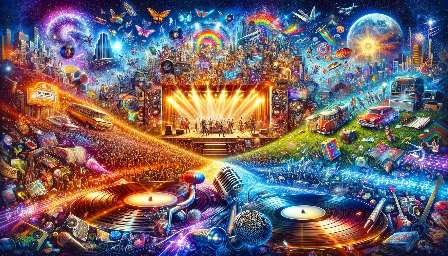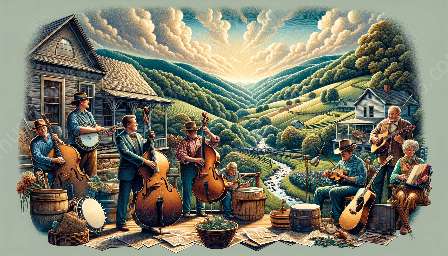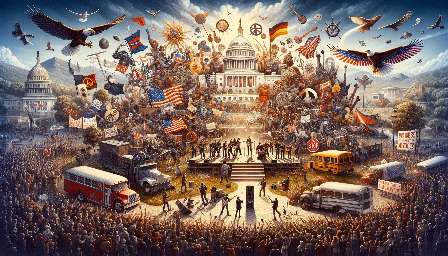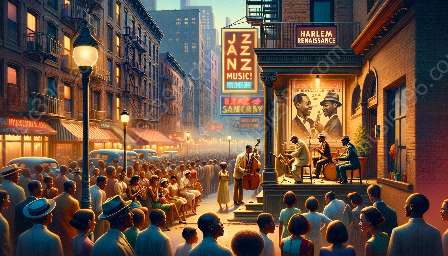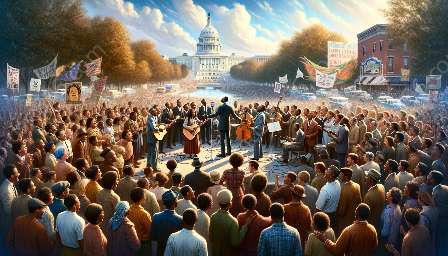Hip hop music, often associated with urban and marginalized communities, has served as a powerful medium for empowerment and social change. This topic cluster explores the historical significance of hip hop music, its impact on society, and how it has provided a voice for the underrepresented.
History of Hip Hop Music
Hip hop music emerged in the Bronx, New York City, during the 1970s as a form of expression for African American and Latino communities. DJ Kool Herc is often credited as one of the pioneers of hip hop, using his turntables to create rhythmic beats that laid the foundation for the genre. As hip hop evolved, it encompassed elements of rap, graffiti art, breakdancing, and DJing, becoming a cultural movement that resonated with marginalized urban youth.
During its early days, hip hop music served as a platform for social commentary, addressing issues such as poverty, inequality, and police brutality that disproportionately affected marginalized communities. The music provided a voice for those who were often overlooked or discriminated against, offering a means of expression and empowerment amidst societal challenges.
Empowerment through Hip Hop Music
Hip hop music has been a driving force in empowering marginalized communities by providing a platform for artists to share their experiences and advocate for social change. Through powerful lyrics and storytelling, hip hop artists have raised awareness about systemic injustices and shed light on the lived realities of those on the margins of society.
In addition to its lyrical content, hip hop music has also fostered a sense of community and solidarity among marginalized youth. The genre has provided an outlet for creativity, self-expression, and collective identity, allowing individuals to reclaim their narratives and challenge stereotypes often perpetuated by mainstream media and society at large.
Impact on Society
The influence of hip hop music extends far beyond its musical realm, permeating various aspects of society. From fashion and language to activism and entrepreneurship, hip hop has left an indelible mark on popular culture and social movements. Artists such as Tupac Shakur, Public Enemy, and Lauryn Hill have used their platform to advocate for equality, justice, and empowerment, amplifying the voices of marginalized communities on a global scale.
Moreover, hip hop music has inspired social and political movements, igniting conversations about race, identity, and systemic oppression. By addressing these critical issues, hip hop has contributed to challenging societal norms and effecting positive change, empowering individuals to engage in activism and advocate for their rights.
Conclusion
The empowerment of marginalized communities through hip hop music is a testament to the genre's enduring impact and significance. From its roots in the Bronx to its global influence, hip hop music has transcended musical boundaries to become a catalyst for social change and empowerment. By amplifying the voices of the marginalized, hip hop has reshaped narratives, fostered inclusivity, and inspired generations to strive for a more equitable and just society.








